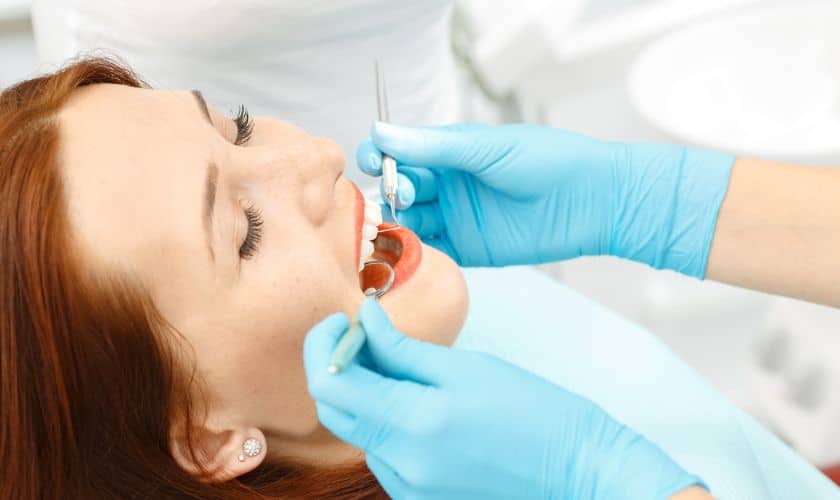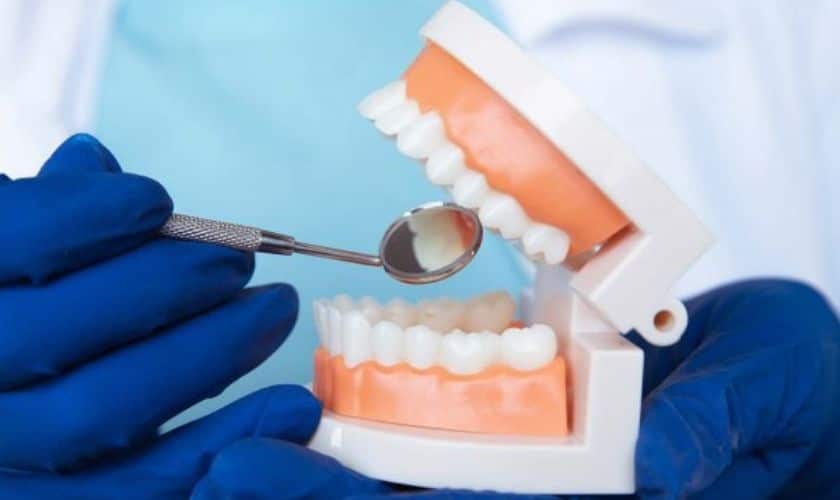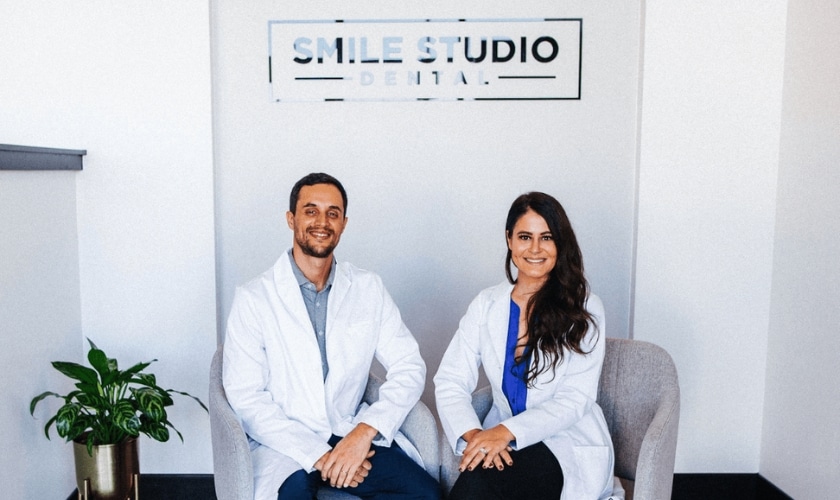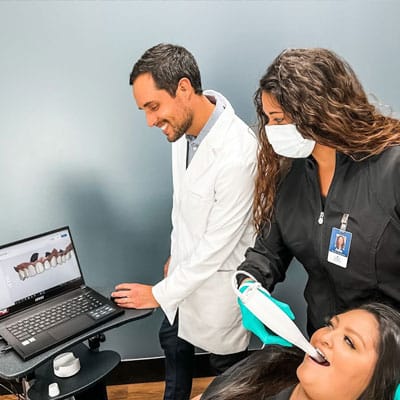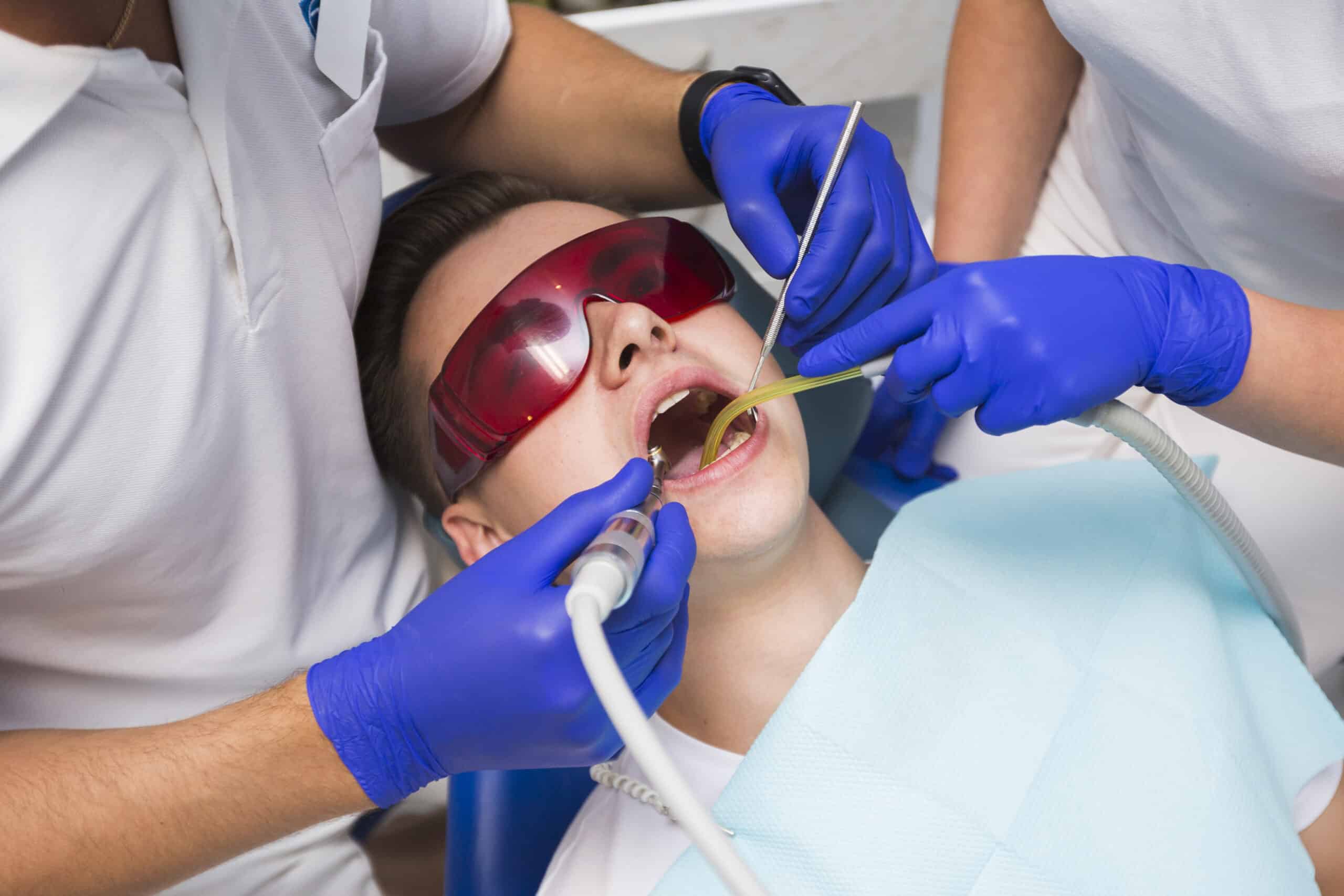
Are you tired of dealing with toothaches and cavities? Taking care of your teeth is not only important for maintaining a bright, healthy smile but also for your overall health. Neglecting oral hygiene can lead to gum diseases and even heart problems. Luckily, there are simple steps you can take to keep your pearly whites in tip-top shape. In this blog post, we’ll explore five ways to take care of your teeth that will leave you smiling from ear to ear!
Brushing
Brushing is an essential part of taking care of your teeth and maintaining good oral hygiene. It helps to remove plaque, bacteria, and food particles that can cause tooth decay and gum disease. Here are some tips for brushing effectively:
Firstly, choose the right toothbrush. A soft-bristled brush is gentle on your teeth and gums while still being effective at removing debris. Be sure to replace your toothbrush every three months or sooner if the bristles begin to fray.
Secondly, use fluoride toothpaste as it strengthens teeth enamel. Apply a pea-sized amount to your brush and gently scrub all surfaces of each tooth using circular motions.
Thirdly, don’t forget about cleaning your tongue! Bacteria can build up on this surface too which causes bad breath so give it a gentle clean with either a tongue scraper or by brushing it with your toothbrush.
Make sure you’re spending enough time brushing- 2 minutes twice daily is recommended by dentists for optimal results!
Remember that proper brushing technique coupled with flossing will go a long way in keeping you away from costly dental procedures down the road!
Flossing
Flossing is a crucial part of maintaining good oral hygiene. However, it is often overlooked or neglected by many people. Flossing helps to remove food particles and plaque that may be stuck in between teeth that a toothbrush cannot reach.
To floss correctly, take about 18 inches of dental floss and wrap it around your middle fingers leaving an inch or two of floss between them. Hold the floss tightly between your thumbs and forefingers and gently slide it up and down between each tooth using a saw-like motion.
It’s important to use clean sections of the floss as you move from one tooth to another to avoid transferring bacteria into other areas of your mouth. Be gentle when moving the floss around the gum line so as not to cause any damage or irritation.
Some people find it difficult or uncomfortable to use traditional string floss. In these cases, alternative options like water picks can also be effective at removing debris from tight spaces in teeth.
Make sure you are incorporating daily flossing into your oral care routine along with brushing, rinsing with mouthwash, chewing gum containing xylitol, and regular dental appointments for optimal oral health.
Rinsing
When it comes to taking care of your teeth, brushing and flossing are often the go-to methods. However, rinsing should not be overlooked as an important step in maintaining oral hygiene.
Rinsing with mouthwash can help eliminate bacteria that brushing and flossing cannot reach. It also freshens breath and helps prevent cavities.
It’s important to choose an alcohol-free mouthwash to avoid drying out the mouth and causing irritation. Look for products that contain fluoride for added protection against tooth decay.
To properly rinse with mouthwash, pour a small amount into a cup or directly into your mouth after brushing. Swish around in your mouth for at least 30 seconds before spitting it out.
In addition to using traditional mouthwash, there are also natural alternatives such as oil pulling with coconut oil or using apple cider vinegar diluted with water.
By incorporating rinsing into your daily dental routine, you can achieve a cleaner and healthier smile.
Chewing Gum
Chewing gum is not just a sweet treat, it can also help to improve your oral health. When you chew gum, the production of saliva increases which helps to neutralize acid in your mouth and wash away food particles that may be stuck between teeth.
However, it’s important to choose sugar-free chewing gum as this will prevent any damage to your teeth from excessive sugar intake. Additionally, make sure the gum has been approved by dental associations for its ability to promote oral health.
Don’t rely solely on chewing gum for maintaining good oral hygiene though – brushing and flossing are still essential parts of an effective routine. Chewing gum can simply complement these habits.
If you’re someone who struggles with a dry mouth or bad breath, then chewing sugar-free gum could be especially beneficial for you. It can stimulate saliva flow and freshen up your breath quickly.
While chewing sugary gums isn’t great news for your teeth, choosing a sugar-free option can help improve your oral health!
Dental Appointment
Going to the dentist for a regular check-up can be daunting, but it is essential for maintaining good oral health. A dental appointment usually lasts between 30 minutes to an hour and includes several steps.
Firstly, the dentist or hygienist will examine your teeth and gums for any signs of decay, cavities, or gum disease. They may also take X-rays to get a closer look at the underlying structures of your mouth.
Afterward, they will perform a deep cleaning that involves removing tartar buildup from your teeth using specialized tools. This process helps prevent gum disease and keeps your teeth looking healthy.
At this point in the appointment, you may have an opportunity to discuss any concerns or questions you have about your oral health with your dentist. They can provide advice on proper brushing and flossing techniques as well as recommend specific products that could help improve your dental hygiene routine.
Before leaving the office, you’ll schedule another appointment for six months down the line. Consistent appointments every six months are key in maintaining optimal oral health by catching issues early on before they become more severe problems requiring more extensive treatment.
Finishing Off
Taking care of your teeth is crucial for maintaining good oral health and overall well-being. By following the five simple tips we have outlined above, you can ensure that your pearly whites stay healthy and strong for years to come.
Remember to brush twice a day with fluoride toothpaste, floss daily to remove any stubborn plaque buildup, rinse with mouthwash after meals or snacks, chew sugar-free gum to increase saliva production and prevent decay, and visit your dentist regularly for check-ups and cleanings.
By incorporating these habits into your daily routine, you’ll not only keep your teeth looking their best but also reduce the risk of developing serious dental problems down the line.
So go ahead – take care of those chompers! Your smile (and body) will thank you.


